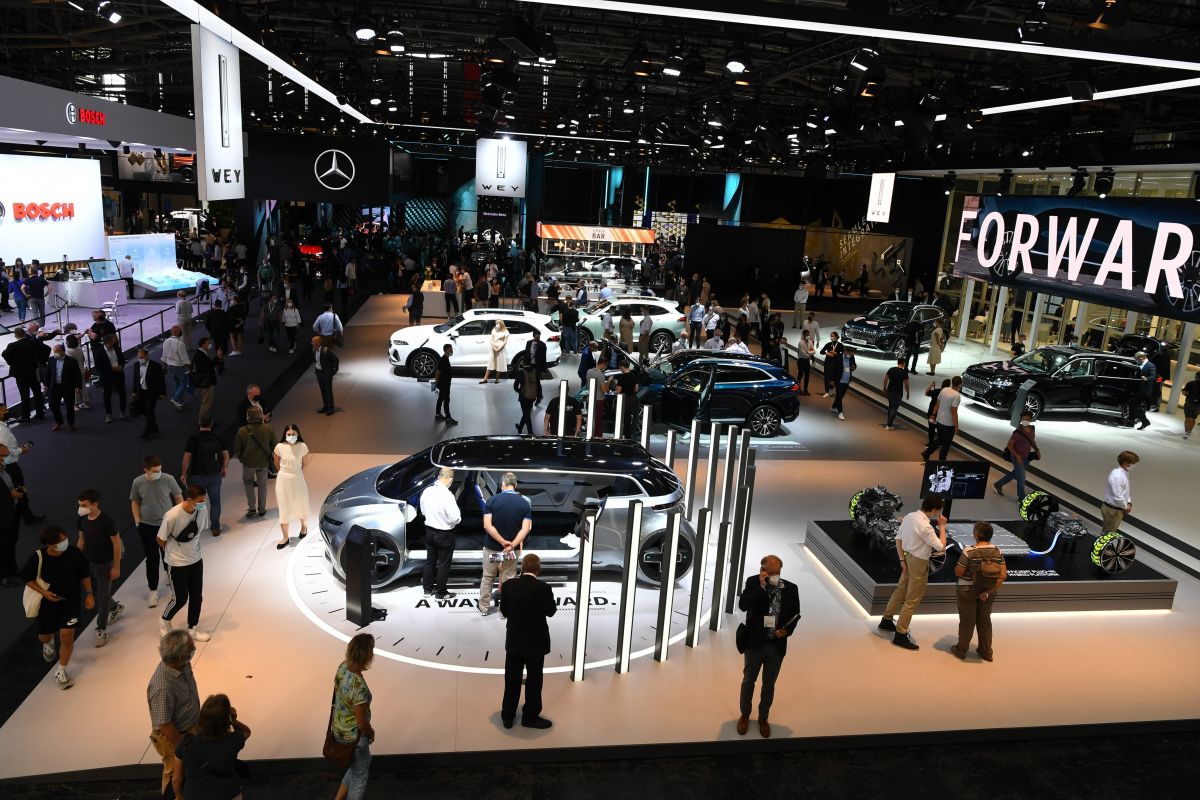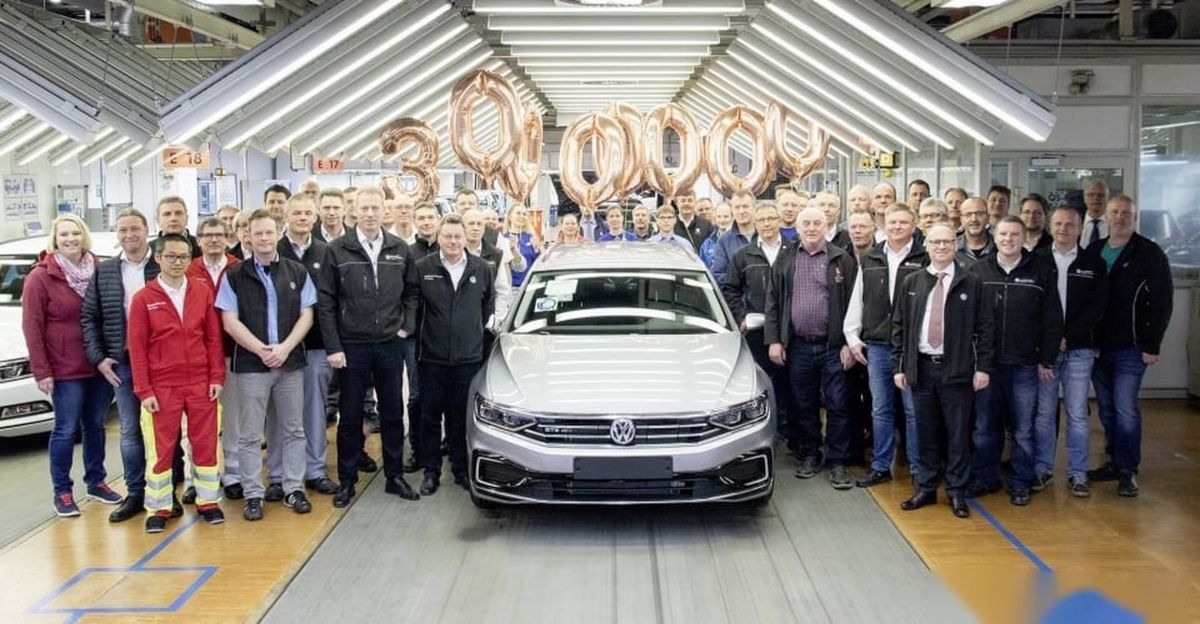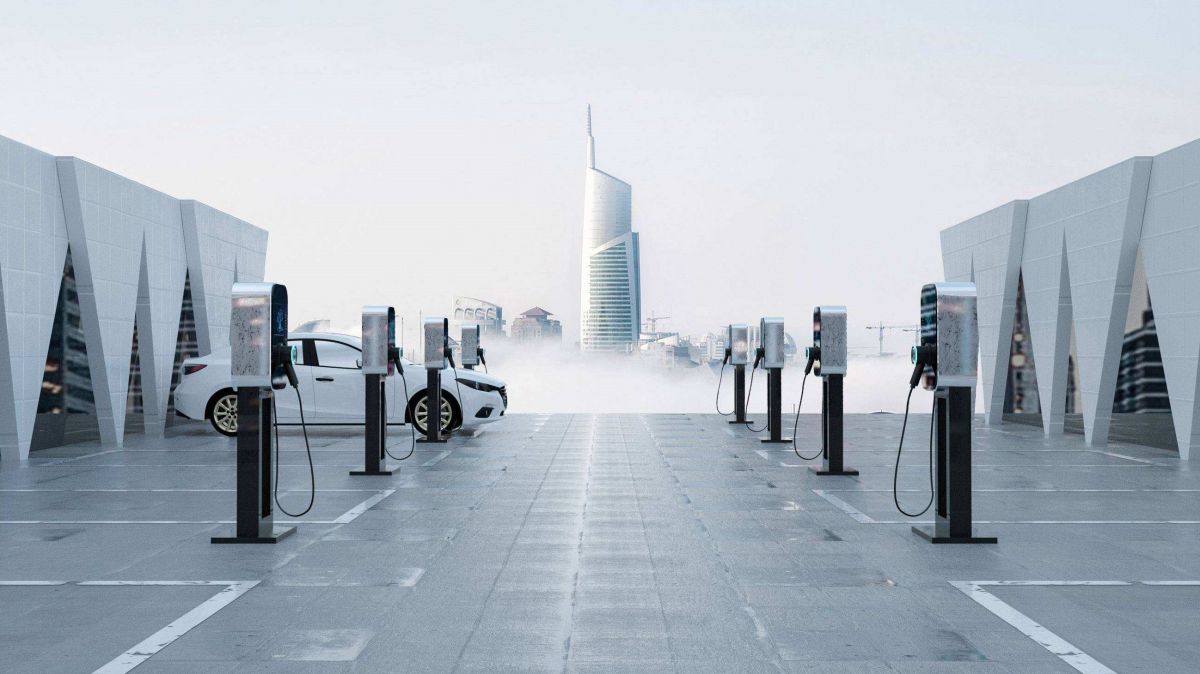
According to data from the European Automobile Manufacturers Association (ACEA), a total of about 559,700 electric vehicles were sold in 30 European countries from January to April, 2023, an increase of 37 percent year-on-year. In comparison, fuel car sales in the same period were only 550,400 units, down 0.5% year-on-year.
Europe was the first region to invent fuel engines, and the European continent, dominated by Western European countries, has always been a happy land for the sale of fuel vehicles, which account for the heaviest proportion of all fuel vehicle types sold. Now in this land, electric car sales have achieved the reverse.
This is not the first time electric cars have outsold fuels in Europe. According to the Financial Times, sales of electric vehicles in Europe surpassed fuel models for the first time in December 2021, as drivers tend to choose subsidized electric vehicles over fuels that have been mired in emission scandals. Market data provided by analysts at the time showed that more than a fifth of new cars sold in 18 European markets, including the UK, were powered entirely by batteries, while fuel vehicles, including fuel hybrids, accounted for less than 19% of total sales.


Fuel car sales have been in gradual decline since Volkswagen was revealed to have cheated emissions tests on 11 million fuel vehicles in 2015. At the time, fuel models accounted for more than half of the vehicles delivered in the 18 European countries surveyed.
Consumers' disappointment with Volkswagen was not the key factor that influenced the car market, and sales of fuel cars continued to maintain an absolute advantage over electric cars in the following years. As recently as 2019, electric car sales in Europe were only 360,200 units, accounting for only one-thirteenth of fuel car sales.
However, by 2022, fuel cars as many as 1,637,800 pcs were sold in Europe and 1,577,100 pcs of electric cars were sold, and the gap between the two has narrowed to about 60,000 vehicles.
The rebound in electric car sales is largely due to European Union regulations to reduce carbon emissions and government subsidies for electric vehicles in European countries. The European Union has announced a ban on the sale of new cars with internal combustion engines that run on fuel or petrol from 2035 unless they use more environmentally friendly "e-fuels".
Electronic fuel is also known as synthetic fuel, carbon neutral fuel, raw materials are only hydrogen and carbon dioxide. Although this fuel produces less pollution in the production and emission process than fuel and gasoline fuel, the production cost is high, and requires a lot of renewable energy support, and the development is slow in the short term.
The pressure of stringent regulations has forced automakers in Europe to sell more low-emission vehicles, while subsidy policies and regulations have been accelerating consumers' choice of electric vehicles.

We can expect the high or explosive growth on electric vehicles in near future in EU. Since every electric vehicle need be charged before use, the high or explosive growth on EV chargers or charging stations can be also expected.
Post time: Jun-12-2023





